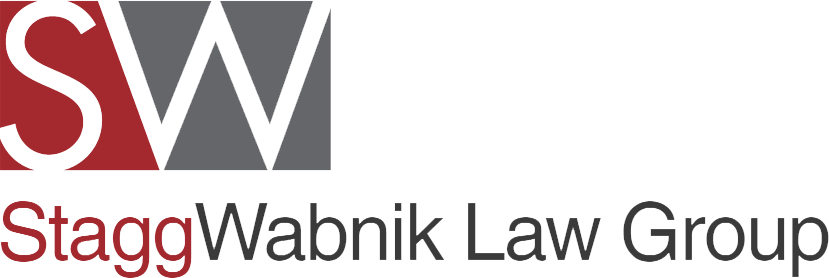New York's Notarization Requirement: A Legislative Update
- Stagg Wabnik
- Nov 7, 2023
- 3 min read
Updated: Dec 6, 2023

New York has recently joined the ranks of federal courts and several states in streamlining legal processes by eliminating the notarization requirement for affidavits and sworn documents in civil cases. This change, effective from January 1st, represents a significant shift in the procedural aspects of civil litigation. Stagg Wabnik Law Group is here to provide a professional overview of what this means for the legal community and our clients.
The Change in Notarization Law
The New Legislation
Governor Kathy Hochul has signed a bill that removes the notarization requirement for sworn civil documents. This aligns New York with federal courts and 20 other states that have already adopted similar measures, reflecting a broader trend toward simplifying legal formalities.
Implications for Civil Litigation
The removal of the notarization requirement is expected to streamline the process of filing sworn documents. This change will likely expedite the administrative aspects of civil litigation, potentially reducing the time from the initiation of a case to its resolution.
Historical Context and Precedents
Federal Courts and State Comparisons
Federal courts and many states have operated without the need for notarized affidavits for some time. The efficacy of this approach in other jurisdictions has likely influenced New York's decision to adopt a similar stance.
Prior Exemptions
Before this law, certain professionals, including attorneys, physicians, osteopaths, dentists, and individuals outside the United States, were already exempt from the notarization rule. This new law extends the exemption, creating uniformity across various professional and geographical lines.
The Practical Effects on Legal Practice
Streamlining Documentation
The legal community is poised to experience a more streamlined process for submitting sworn documents. This change is expected to reduce the administrative burden on both legal practitioners and clients, allowing for a more focused approach to the substantive aspects of legal representation.
Adjusting to New Protocols
As with any procedural change, there will be an adjustment period. Legal professionals will need to familiarize themselves with the new protocols to ensure compliance and maintain the integrity of the legal process.
Perspectives on the Notarization Requirement
While the New York State Bar Association cites increased access to justice as a significant reason for the law's importance, our focus is on the practical implications for the legal process. The law aims to simplify procedures without compromising the solemnity and reliability of legal documents.
Looking Forward
The legal community will observe how this legislative change impacts the pace and efficiency of civil litigation. It is an opportunity to assess whether similar procedural simplifications can be beneficial in other areas of the law.
Stagg Wabnik Law Group's Commitment
Adapting to Serve Our Clients
Stagg Wabnik Law Group is committed to staying at the forefront of legal developments. We are prepared to adapt our practices to align with the new law, ensuring that our clients receive efficient and effective legal services.
Guidance Through Legal Changes
We understand that changes in the law can bring questions and uncertainties. Our team is ready to guide our clients through these changes, providing clarity and confidence in their legal endeavors.
If you have questions about how this new law might affect your civil litigation process, or if you need assistance with any legal matter, contact Stagg Wabnik Law Group at [contact information]. Our experienced attorneys are here to provide you with the professional guidance you need in this new legal landscape.
Stagg Wabnik Law Group - Navigating legal changes with experience and professionalism. Contact us today for a consultation.





Comments